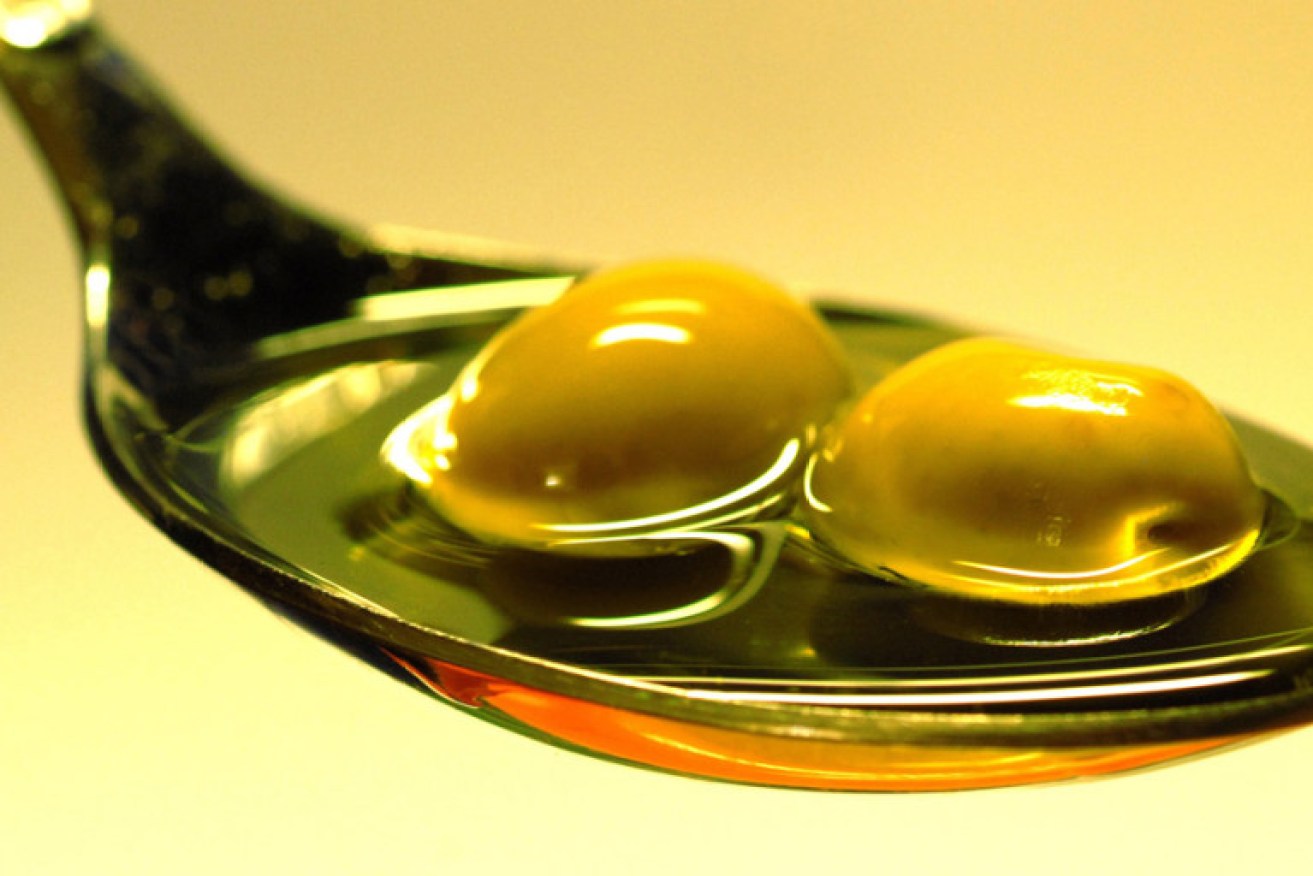Just like the seasons, what we know and understand about nutrition also seems to work in cycles. What’s old is new, and what’s new is still new – at least when it comes to dietary fats.
An emerging body of research is shifting the way we think about and understand the role of fat in our diet, and its effect on obesity and lifestyle diseases.
It has been a slow and steady process, but the spectrum of fats has almost come full circle. Before the birth of the eat-on-the-run generation and our constant desire for quick, easily digestible and delicious (read – bad for you) snacks, our grandparents ate a very different diet. Meat was cooked whole in lard or dripping, full-cream milk was consumed by the glass, and cakes were baked using butter, not margarine.
In the early 1950s, however, a shift began in the dietary world, starting with a highly skewed study undertaken by a man by the name of Ancel Keys that apparently showed a link between the consumption of saturated fat and increased body fat.
In the 1980s, two more studies argued that reducing saturated fat was the single most important dietary change required to achieve weight loss and attain optimum health. Off the back of these studies, which are now largely thought to be erroneous, arose the myth that eating a low-fat diet was the key to weight loss.
Not only was the low-fat fad an enduring one, it worked wonders in dividing up all other dietary fats, categorising them into either good or bad; healthy or unhealthy. The food industry, spotting a cash cow (and with a surplus of what we now know to be cheap, nasty oils due to abundant corn and soy bean crops in the US), began to flood the grocery stores with supposed good fats: those that contained low amounts of saturated fat such as margarine, canola (rapeseed) oil, palm oil and other unsavoury options (remember “I Can’t Believe It’s Not Butter”?)
This led to a dramatic increase in consumption of these supposedly “better for you” fats. However, perhaps what was least anticipated in this shift away from traditional saturated (largely animal) fats was their replacement with vegetable fats. Instead of consuming a whole fat in its natural form, the food industry, and thus consumers, began drowning in these highly processed, non-saturated fats now known as trans fats, or partially hydrogenated vegetable oils. (As evidence of how bad these fats are, in November 2013, the US Department of Drugs and Agriculture determined that trans fats could no longer be “generally regarded as safe” for human consumption.)
The myth that saturated fat made us fat caused another phenomenon in the food world – the replacement of traditional foods with low-fat versions. Low-fat muffins, yoghurt and consumer-packaged goods were suddenly abundant, and the absence of saturated fat in these products meant consumers believed they were healthy and could be consumed without guilt. Little did we realise at the time, the fat in these products was being replaced by sugar, which is now recognised to be one of the largest causes of the obesity epidemic.
Over the last few years, as people’s understanding of the role of fats in the body has changed, the tide has started to turn. Not only have we broken through the belief that fat-free means healthy, we are now beginning to understand that all fats are not created equal.
It is no longer saturated fats that are believed to be the cause of our growing obesity issue. Instead, vegetable oils and trans fats are recognised as harmful. Made from corn and soybeans, two of the most highly contaminated and genetically modified crops in the world, mass-produced vegetable oils are created by pressing and heating various solvents. These chemically extracted oils have been shown to be problematic in the long term.
Low-fat products are also slowly being replaced by their full-fat counterparts. We are seeing a return to full-cream milk, heavy cream and butter, as consumers begin to understand more about processed foods and their adverse effects on our health.
This understanding of dietary fats took on another life recently when a meta-analysis published in the Annals of Internal Medicine found no evidence to support the theory that saturated fat causes heart disease.
So, with this in mind, what is safe to eat? In terms of healthy fats, olive oil, coconut oil, grass-fed butter and other mono-unsaturated fats like avocado, nuts and seeds, and salmon are now seen to be key to a healthy diet.
Coconut oil has broken through as a healthy saturated fat, and is riding the super-food wave, as consumers enjoy a return to richer, heartier flavours.
To be avoided are the trans fats and highly processed products: margarine, canola oil, corn oil, soybean oil and any other low-fat, high-ingredient packaged food. If a label reads “low fat”, avoid it as if your life depended on it, because it quite likely does.
The takeaway? Saturated fat does not make us fat, and while this doesn’t exactly give us the green light to start smothering every meal in butter, it does highlight the point that sourcing our fats from naturally occurring food sources goes a long way in ensuring health.
Dietary advice needs to focus on the quality of the food, not its nutritional breakdown. Stick to those foods as close to their natural state as possible and you avoid the argument in the first place.
This is one of a series of articles from Lucy Travers, an entrepreneur in the health and wellness industry who hails from Adelaide and now calls New York City home. Recent columns have looked at the cold-pressed juice trend and the Paleo diet. In addition to her roles in health-food start-ups, Travers is a health coach and writes about health and wellness on her website, www.lucytravers.com. You can also follow her on Twitter at @LucySTravers





